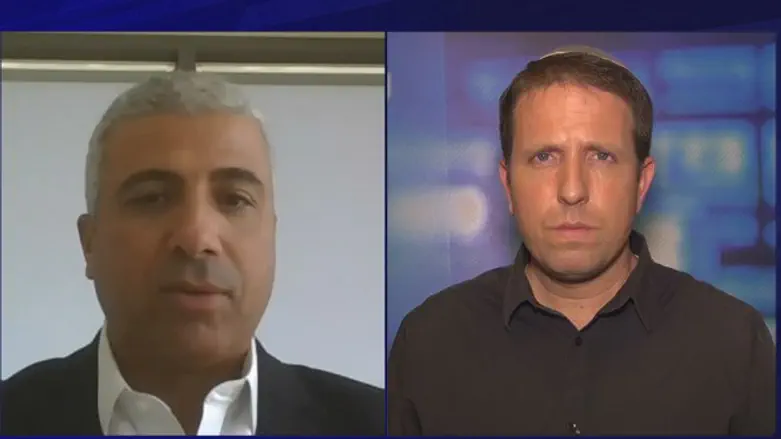
A Border Police officer is under house arrest after shooting and killing an East Jerusalem man with special needs.
Iyad Halak, 32, was shot dead on Saturday morning in the Old City of Jerusalem. Police said he appeared to be holding a gun, but an investigation found him to have been unarmed. Halak failed to understand orders to stop moving and ran from police.
Adv. Yogev Narkis who will be defending the Border Police commander is convinced his client will not be convicted criminal charges.
"In my opinion, once the dust settles, it will become apparent that it's impossible to place criminal responsibility in this matter. "It would appear that the officer felt threatened," says Narkis to Arutz Sheva.
He says this is "a very sad, complex, difficult case that began when a Border Police unit arrived on the scene [of civil disruptions] without being aware of the specifics of the situation. They are notified by police who had been stationed in the area that a terror attack is underway. There have been more than a few terror attacks including shootings, stabbings, and ramming attacks, and as soon as the possibility of a terror attack is mentioned, the rules of engagement take on a different light from a regular disruption of the peace."
"In a situation such as this, the policeman's responsibility is to neutralize the terrorist in order to avoid civilian casualties. The order is to fire and aim for the lower part of the suspect's body. The unit commander shoots and misses his target who tries to avoid capture. During the ensuing chase, the suspect runs into the alley, where the unit commander realizes he has the situation under control and attempts to hold fire. Apparently, the same officer who had been on the first team to arrive on the scene and is not aware of developing circumstances fires an extra shot that causes the suspect's death," says Narkis.
The defense attorney is concerned by the consequences that a guilty verdict may have on the fighting spirit of police officers and IDF soldiers as well as their decision making abilities in hectic situations. "I'm aware that this may affect soldiers in the coming future. I'm aware of it and unfortunately, we've witnessed events in which security forces used restraint and were the ones to suffer the consequences. There is a very delicate situation at play here. We send our inexperienced youngsters to defend us and unfortunately, sometimes they end up paying the price. This is a very delicate, subtle environment."
Asked about his client, he concludes, "This is a difficult situation in which the unit commander suffered from shock and trauma. No one wishes to find themselves in his place."
